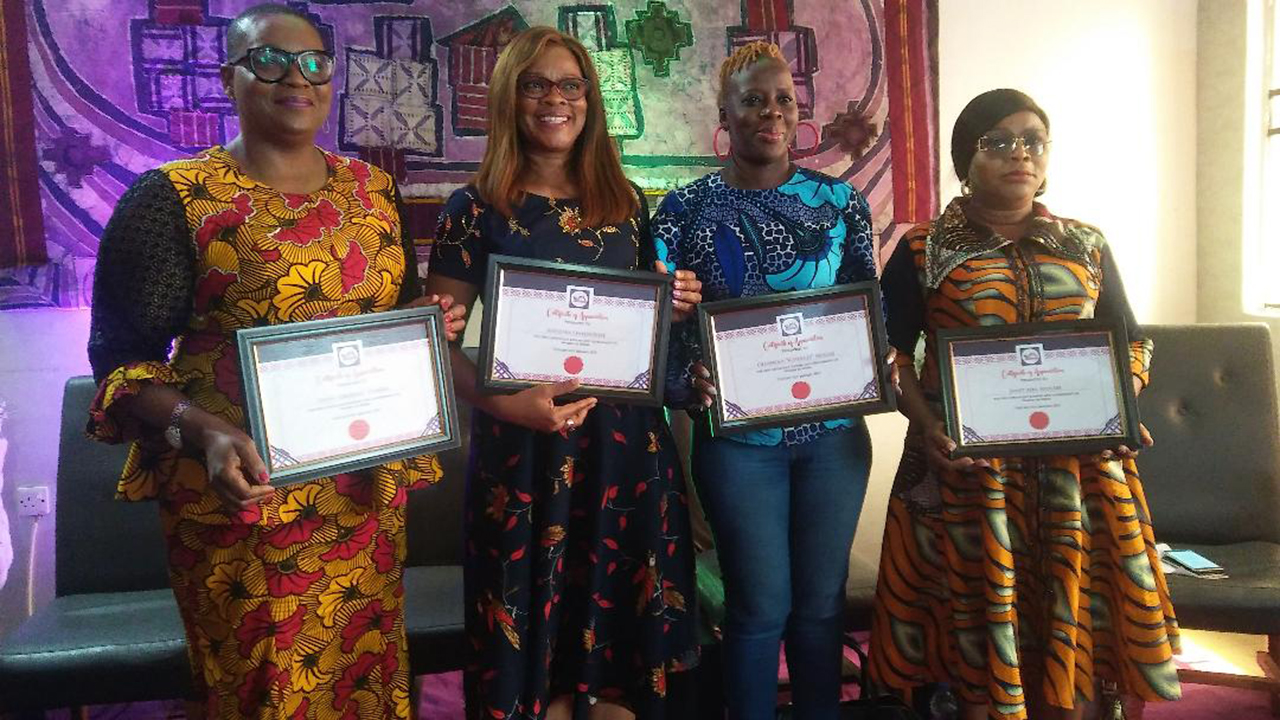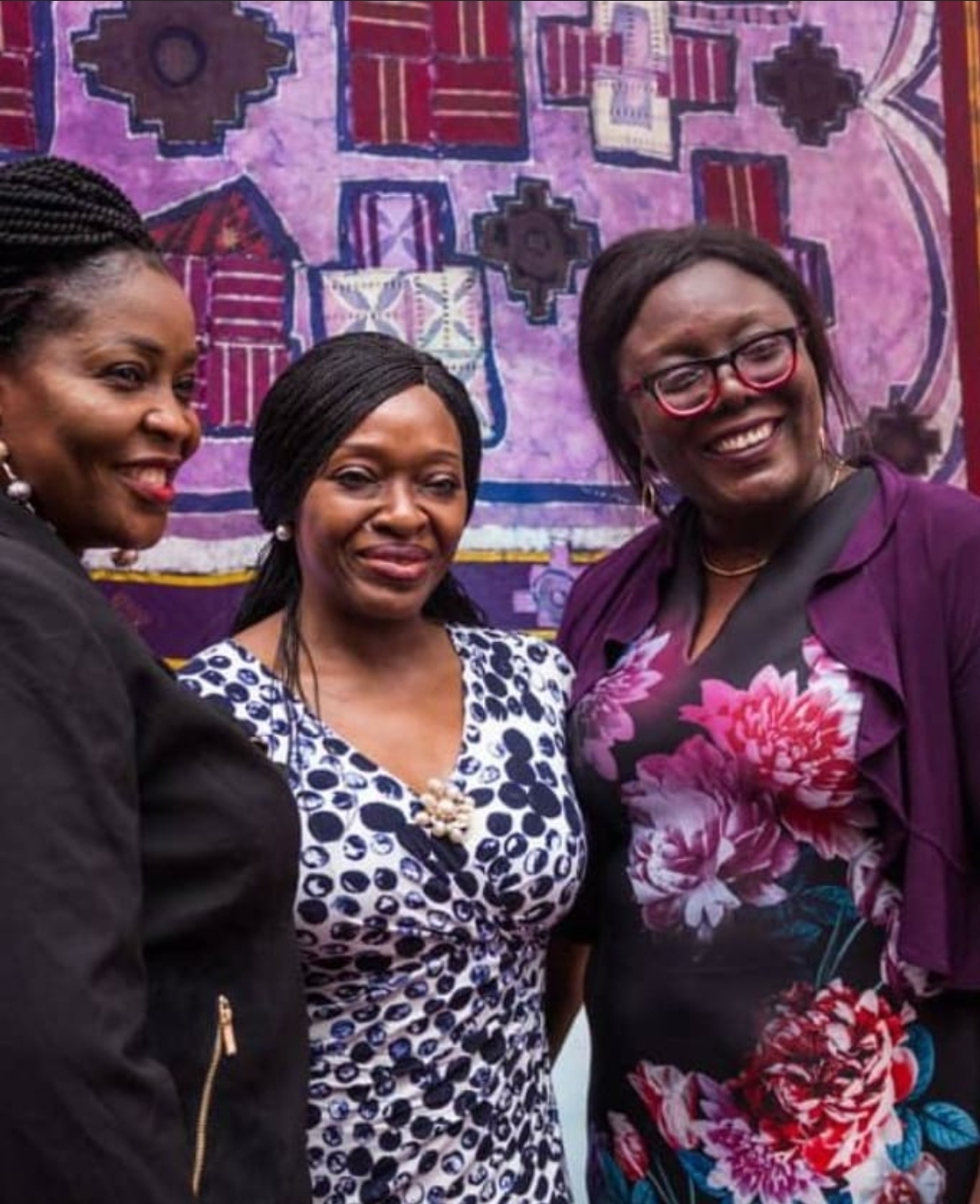
“I speak very well don’t I? I could be a broadcaster.” One of the ladies responsible for making announcements in my church never hesitates to inform us whenever it’s her turn to reel out church activities. Each time she makes the claim, my over two decades of broadcast journalism shudders in repressed anger.
The lady in question is a nurse and I’m sure she’s good at her job. However, a part of me really looks forward to see her expression if I say to her: “I love caring for people. I’m sure I can be a nurse.” Without doubt she would lecture me about the years of training required to prepare me for that. Yet she thinks to become a broadcaster, all she requires is a good speaking voice. She like many confuses oratory and public speaking with broadcasting.
Without doubt, having a good speaking voice is an important element in broadcasting, however, it’s just one of many skills any astute professional behind the microphone requires. It’s like the flour used in making pizza, though an important element, a pizza isn’t a pizza without all the other equally important ingredients like cheese, yeast, water, salt, sugar and all myriad of toppings that catches the fancy of each pizza lover.
For instance, an on air personality – OAP – isn’t just expected to show up on television or behind the microphone on radio to anchor a programme. A lot first goes into conceptualizing the idea of what the programme will be like. Who are the target audiences? What will be the duration? Which time belt is most appropriate and so on and so forth. Then comes the routine of determining what each episode will be premised on vis-a-vis the parameters laid out in the conceptualization.
Also a disc jockey – DJ – shouldn’t just be someone who ‘likes’ music but a skilled professional who understand the different genres of music and their history, music of different eras, particular musicians’ philosophies and how he can efficiently share specific areas of this knowledge with specific listeners.
In the same vein, when a newscaster reads the news, it’s not in the same way as in everyday conversations even though the scripting is expected to be conversation. Each newscaster is expected to be skilled in modulating their voices appropriately, follow the mood of each story with the proper voice tone and facial expressions among other things.
In achieving all of the above, it’s obvious that having the right speaking voice isn’t sufficient for good broadcasting as the OAP, DJ, or newscaster sometimes functions as producer, scriptwriter, audio or video editor whole collaborating with other professional colleagues to bring their listeners and viewers worthwhile broadcast experiences.
Does this happen all the time? Perhaps not. Too many untrained voices dominate our airwaves. And part of the problem has been people who feel broadcasting is just about a good speaking voice, expecting everything else to fall in place. Well in most cases, things don’t fall in place, they go awry.
Am I saying people who studied courses outside of communications and journalism can’t function well as broadcasters? Not by a long short.
So can anyone be a broadcaster? Absolutely! So long as they are willing to put in the work – learn the basic, intermediate skills required, master the expertise to sustain them in the long term and also find their niche in establishing a lasting broadcast legacy for themselves.
- Omotola Aderinsola, National Head of News, Silverbird Communications.
Related articles
February 27, 2026
February 27, 2026
February 27, 2026



